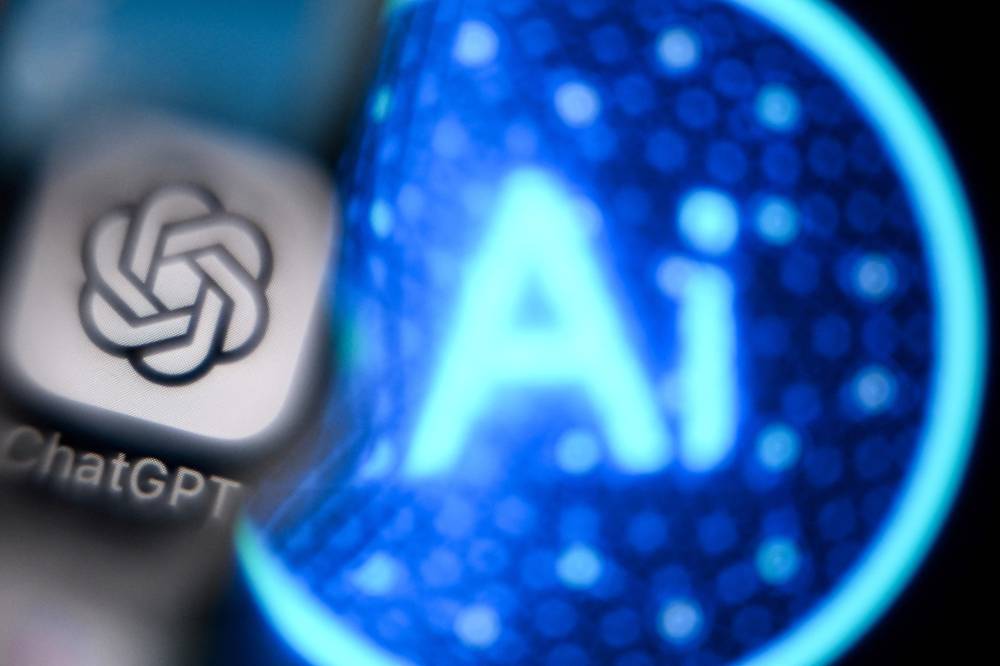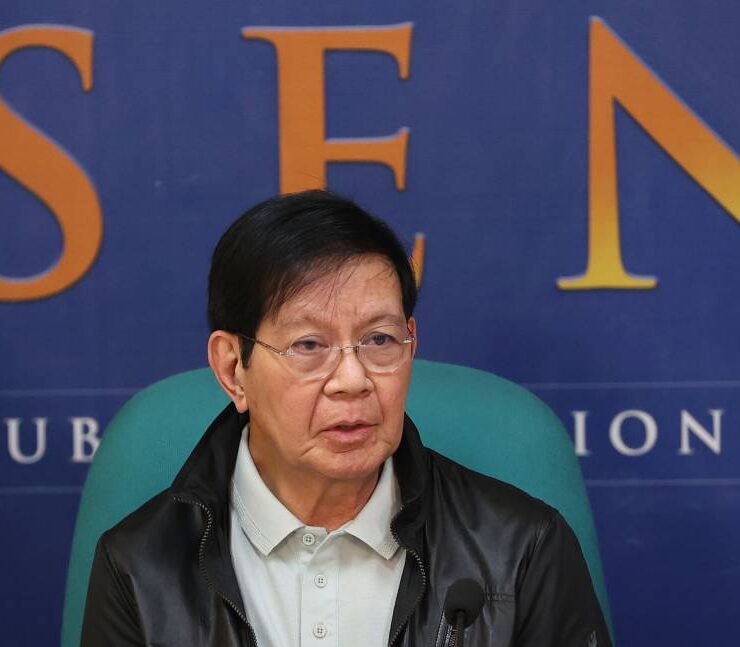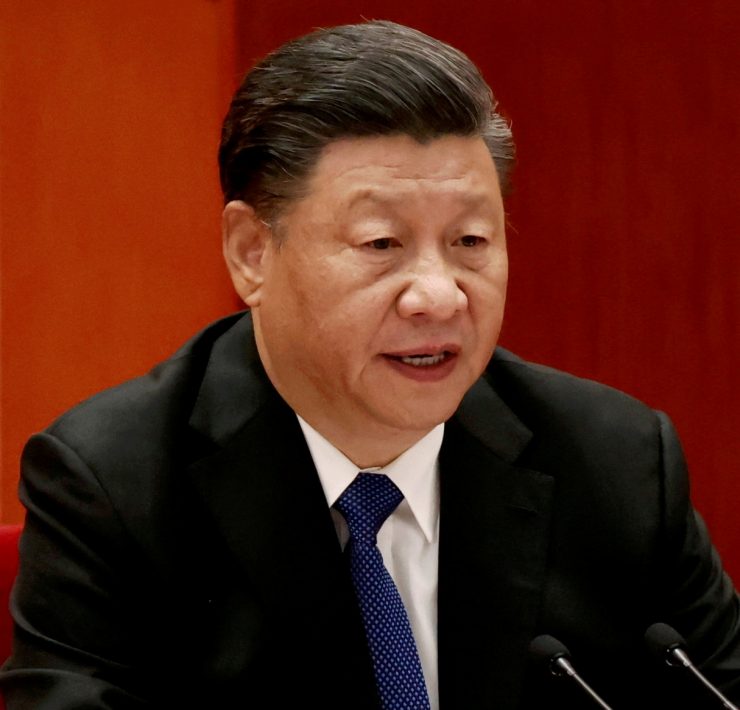Canadian media sue OpenAI for infringement

OTTAWA—Canada’s biggest news organizations on Friday sued OpenAI, accusing it of using their articles without permission to help train its artificial intelligence chatbot ChatGPT in a case that could cost the American company billions.
Media including The Globe and Mail newspaper and public broadcaster CBC accused OpenAI of breaching copyrights by “scraping large swaths of content” and profiting from the use of this content, according to a statement.
This was done without the permission of or compensation for the news organizations, which are seeking $14,700 per article they claim was illegally scraped and used to train ChatGPT.
This could put the total value of the claim in the billions of dollars.
“Journalism is in the public interest. OpenAI using other companies’ journalism for their own commercial gain is not. It’s illegal,” the coalition said.
An OpenAI spokesperson responded to the lawsuit saying that its chatbox is trained on publicly available data “grounded in fair use and related international copyright principles that are fair for creators and support innovation.”
Collaboration
The company also collaborates with news publishers, the spokesperson added.
The lawsuit is the first by Canadian media against OpenAI.
The organizations—which also include Postmedia, The Canadian Press and Torstar, the parent of the Toronto Star newspaper, according to legal documents—are seeking an injunction to stop the San Francisco-based company’s ongoing and future “unauthorized misappropriation” of their work.
“We will not stand by while tech companies steal our content,” Torstar chief executive Neil Oliver reportedly wrote in a memo to staff shortly after the court documents were filed.
“While we embrace the opportunities that technological innovation can bring, all participants must follow the law, and any use of our intellectual property must be on fair terms,” he said.
Lawsuits
Generative artificial intelligence caught the world’s attention with OpenAI’s release of ChatGPT in late 2022.
The technology can produce videos, pictures or written works quickly, drawing from available content to answer demands expressed in everyday language.
While elating some users, it has aroused ire in authors, artists and others who believe their creations are being absorbed without them being asked or compensated.
Publications such as the New York Times have filed lawsuits to defend their content, while some news organizations have opted to make licensing deals.
AFP is one of the world's three major news agencies, and the only European one. Its mission is to provide rapid, comprehensive, impartial and verified coverage of the news and issues that shape our daily lives.





















